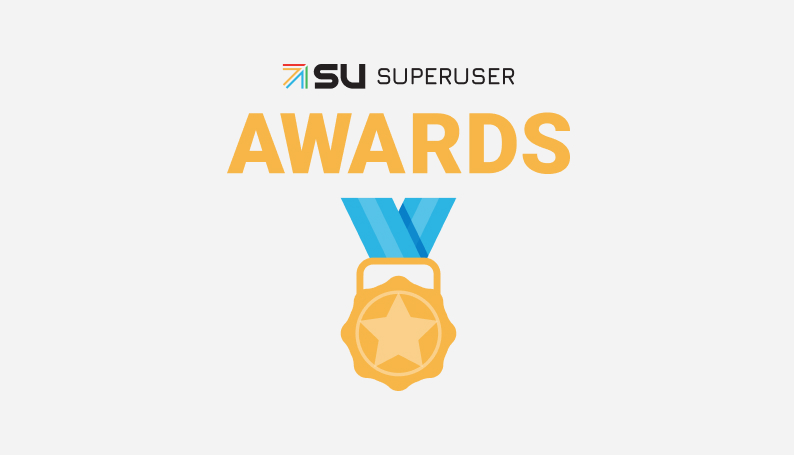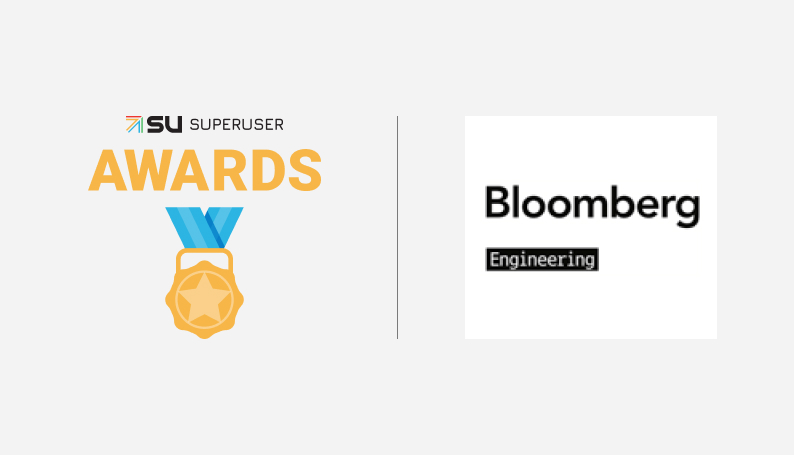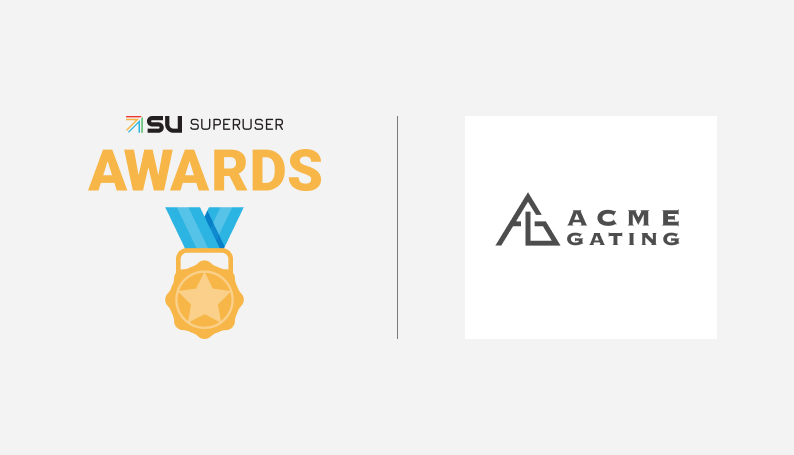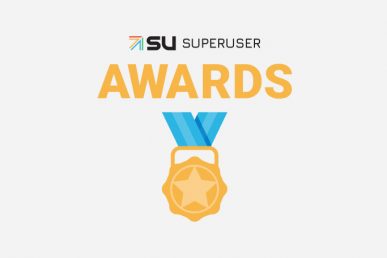Who do you think should win the 2022 Superuser Awards? The annual Superuser Awards are to recognize organizations that have used open infrastructure to improve their business while contributing back to the community.
This year, the Superuser Awards winner will be announced at the OpenInfra Summit Vancouver, June 13-15! Join us at the annual OpenInfra Summit for an opportunity to collaborate directly with the international community of people building and running open source infrastructure using Linux, StarlingX, OpenStack, Kubernetes, Kata Containers and 30+ other technologies. Get your Summit tickets now!
Hubei Jointour Technology is one of the 10 nominees for the Superuser Awards 2023. Check out why its team is getting nominated:
Who is the nominee?
Team Leader: Fei Chen
Team members include Wei Wang, Zhonghui Yu, Guoju Yang, Huangzhi Liu, Kangliang Luo and Shan Long
How has open infrastructure transformed the organization’s business?
Building a new hybrid cultural and tourism big data center using Huayun private cloud platform will gather tourism and cultural data resources across the province. The cultural and tourism big data center adopts key cloud computing technologies such as big data processing and mining analysis, machine learning, intelligent message push, social collaboration, and service-oriented architecture to build a new generation of loosely coupled, efficient, highly available, highly scalable, and secure application service support platform.
How has the organization participated in or contributed to an open source project?
By expanding the hybrid cloud platform, building a backup center, transforming the original application architecture, and building a new platform and development system that meets the requirements of container cloud, CI/CD, and DevOps. To meet the carrying needs of the time-sharing pre-platform and large membership system in Hubei Province, a Hubei Province cultural and tourism industry cloud platform is formed by integrating public cloud, private cloud resources, and edge cloud nodes, with a three-level architecture capability of public private edge mixed, provincial and municipal scenic spots. It provides effective support for various business sectors within the cultural and tourism industry layout in Hubei Province and provides integrated intelligent solutions for tourism enterprises.
What open source technologies does the organization use in its open infrastructure environment?
The technology stack used by the platform is built using open-source tools and components, including OpenStack, KVM, Centos, Kubernetes clusters, Mariadb, Stackwatch, RabbitMQ, Influxdb, Notification, HAProxy, Keepalived, Nginx, Ansible, Jenkins, Git, Kafka Zabbix, ELK, Grafana, and other open-source technologies. We also use OpenStack core projects like Nova, Neutron, Cinder, Glance, Keystone, Horizon, Heat, Billing and Ceilometer to solve technical and deployment challenges such as multi-region management and cloud platform security.
What is the scale of your open infrastructure environment?
The project consists of three phases of construction, with the platform adopting a storage and computing separation architecture. The total investment in the three phases is 45 computing nodes, 13 storage nodes and three management nodes. And to build clusters using different performance aggregation groups to support secure, stable, and efficient operation of hierarchical applications, while achieving mutual disaster recovery backup.
What kind of operational challenges have you overcome during your experience with open infrastructure?
The main challenges include:
1. Application and data migration performance
2. Adapt to the user’s organizational structure and management system
3. Research and development system under the new application architecture
4. Network security and data security
How is this team innovating with open infrastructure?
We use the private cloud platform, Huayun, to build an open, secure and robust infrastructure. We also realize the use of splitting the application microservices, automatic elastic scaling, automatic backup, data validation, security traffic visualization, etc.
The Superuser Editorial Advisory Board will review the nominees and determine the finalists and overall winner after the community has had a chance to review the nominees and vote.
- Meet OpenInfra Europe Advisory Board Member: Kurt Garloff - December 21, 2023
- NVIDIA’s Journey with Kata Containers and Confidential Computing | OpenInfra Live Recap - December 18, 2023
- Large Scale Ops Deep Dive: Samsung SDS | OpenInfra Live Recap - December 14, 2023

)










